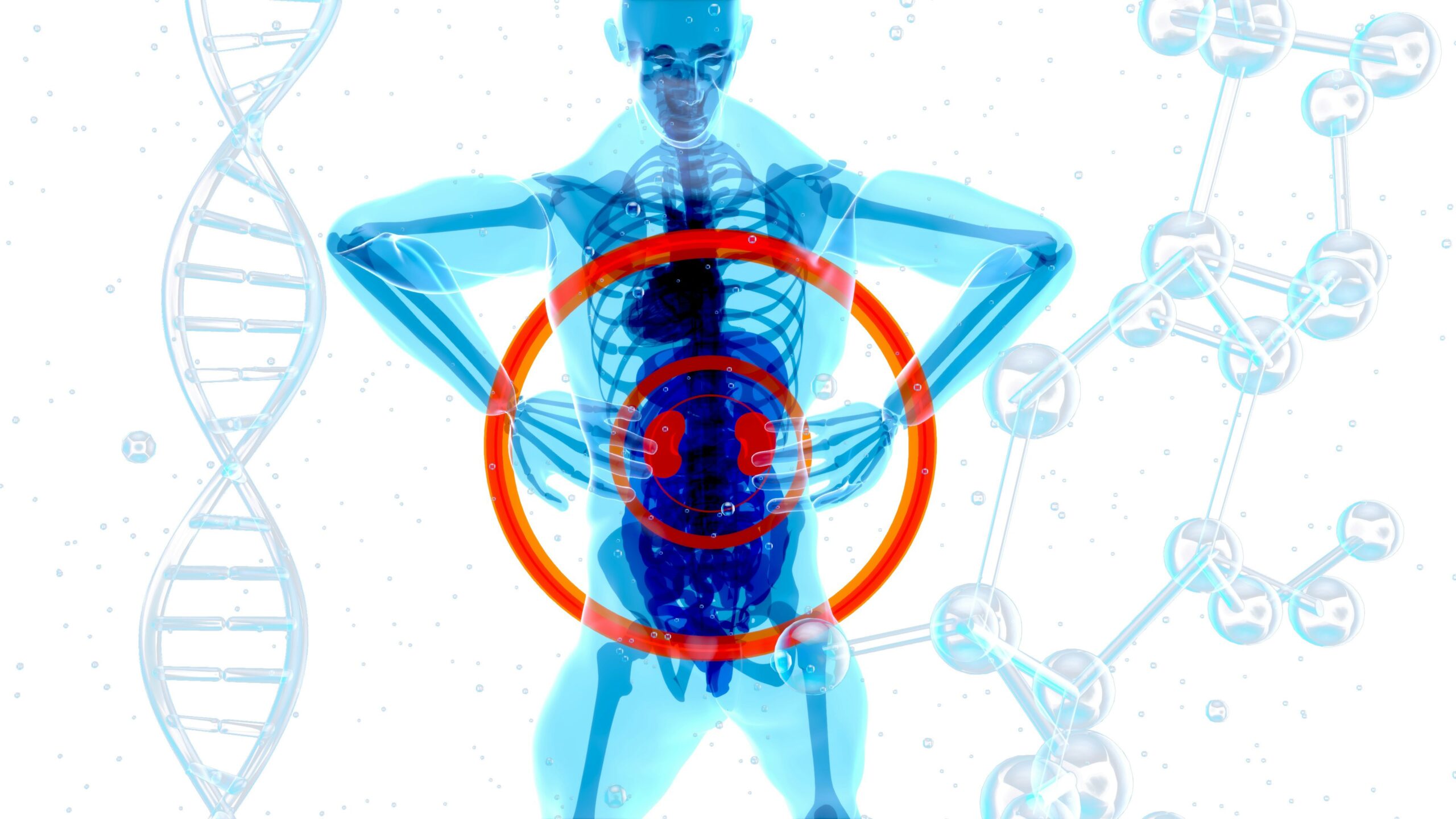Have you ever noticed a strong smell in your urine and wondered why it might be happening? It’s not an uncommon experience, and the causes can vary widely. In this article, we will explore whether your kidney health might influence the odor of your urine. We’ll unravel the connections between your kidneys and urine, diving deeper into how they function together.
Understanding Urine Composition
Before diving into the specifics of kidney-related issues, it’s important to understand what urine is and how it’s formed. Urine is essentially the body’s way of filtering out waste and excess substances. Your kidneys play a crucial role here, processing and filtering your blood to form urine.
The Role of Kidneys
Your kidneys are located on either side of your spine, just below the rib cage. They perform the vital task of removing waste materials and extra fluids to form urine. This process not only clears toxins but also balances electrolytes and maintains fluid status in the body. Healthy kidneys result in urine that typically has a pale yellow color and a mild scent.
Components of Urine
Urine is primarily made up of water, with about 95% of its composition being H2O. The remaining 5% consists of urea, creatinine, uric acid, and ions like sodium and potassium. The concentrations of these components can fluctuate based on diet, hydration, and other factors.
What Causes Strong-Smelling Urine?
Several factors can give urine a strong odor, ranging from benign to more serious health concerns. It’s crucial to differentiate between normal variations and signs of potential health issues.
Dietary Influences
What you eat can significantly influence the smell of your urine. Certain foods, like asparagus or coffee, introduce compounds that may alter urine scent temporarily. This effect is normal and should pass in a few hours.
Dehydration
One of the most common causes of concentrated, strong-smelling urine is dehydration. When you’re not drinking enough water, urine becomes more concentrated, which not only changes its color but also intensifies its smell.
Medications and Supplements
Some medications and supplements might affect how your urine smells. Vitamins, antibiotics, and certain chemotherapy drugs can result in noticeably different urine odor as your body processes and expels these substances.

Urinary Tract Infections (UTIs) and Their Impact
UTIs are infections that occur in any part of the urinary system, which can cause a strong, unusual smell in your urine. Bacteria in the urinary tract may produce waste products leading to odor changes.
Symptoms of UTIs
Aside from strong-smelling urine, UTIs frequently present additional symptoms. These may include a strong urge to urinate, a burning sensation during urination, or cloudy urine. It’s essential to consult a healthcare professional for accurate diagnosis and treatment.
Interlink Between Kidneys and Strong-Smelling Urine
Coming back to our central question, can kidney problems cause strong-smelling urine? The short answer is yes, but it’s essential to explore why and how this happens.
Kidney Infections
A kidney infection, which is a type of UTI that travels to the kidneys, can lead to strong-smelling urine. Other symptoms often include fever, back pain, and frequent urination. Prompt medical attention is required to prevent complications.
Chronic Kidney Disease (CKD)
CKD involves a gradual loss of kidney function. As kidneys lose their ability to filter waste effectively, toxins can build up, potentially leading to strong-smelling urine. CKD may not show specific symptoms in early stages, making regular health check-ups crucial.
Kidney Stones
These hard deposits of minerals and salts can disrupt normal urine flow and cause a variety of symptoms, including foul-smelling urine. Kidney stones might be accompanied by back pain, nausea, and blood in urine.

Conditions Impacting Overall Urine Odor
Aside from kidney-related causes, several other health conditions might affect how your urine smells.
Diabetes
For individuals with uncontrolled diabetes, high sugar levels in the bloodstream can result in sweet-smelling urine due to excess glucose. This situation should be managed with medical assistance.
Liver Disease
Liver disease can modify urine odor as a result of altered bile metabolism. Ammonia-like, strong-smelling urine might suggest liver issues, necessitating further medical evaluation.
When to Seek Medical Advice
While occasional changes in urine odor are typically benign, persistent deviations warrant professional evaluation. Here are some suggestions on when to reach out to a healthcare provider:
- If the odor persists for more than 48 hours.
- When associated with additional symptoms like pain, fever, or blood in urine.
- If you have pre-existing conditions, like diabetes or CKD, which could complicate the picture.

Tips for Maintaining Kidney and Urinary Health
Keeping your kidneys and urinary system healthy can prevent many of the issues discussed. Here are some easy-to-follow tips:
Hydration is Key
Staying well-hydrated ensures that your kidneys function efficiently, reducing the risk of concentrated urine and aiding in detoxification.
Balanced Diet
Eating a balanced diet helps maintain electrolyte balance and supports overall kidney health. Include plenty of fruits, vegetables, and whole grains.
Regular Check-Ups
Regular health check-ups can help monitor kidney function and detect problems early. Blood tests and urinalysis provide insights into kidney performance.
Manage Blood Pressure and Sugar Levels
If you have hypertension or diabetes, manage these conditions with proper treatment and lifestyle adjustments to avoid burdening your kidneys.
Concluding Thoughts
Understanding the link between kidney health and the smell of your urine empowers you to take proactive steps in maintaining overall well-being. While many factors can contribute to changes in urine odor, not all are cause for concern. However, staying informed about potential issues, particularly kidney-related ones, equips you with the knowledge to act promptly if needed.
Remember, while this article offers insights, always seek professional medical advice for health-related questions or concerns. Your health is a journey, and taking small, steady steps can lead to significant benefits over time.

